Manufacturers of soya-based liquids face a battle with the dairy industry over a fresh bid to persuade the European Commission they should be allowed to use the word 'milk' to describe their products.
At present, EU rules prohibit them from using the term 'milk', even though their products are usually sold and consumed as alternatives to cows' milk.
The Commission looked into the matter last summer and decided no change was needed. But it has since listened to complaints lodged by the European Natural Soyfoods Manufacturers Association about the accuracy of the data used in that inquiry.
EU agriculture commissioner Mariann Fischer Boel has pledged to review the Commission's decision this year. ENSA is confident the same exception will be made as for almond and coconut milks in the 1980s.
A spokeswoman for ENSA said consumers routinely referred to liquid soya as 'soya milk' and the law should be changed to reflect this.
"We hope that in 2008, the Commission performs a deep analysis of the question of soya milk," she said. "The soya milk market is fast-growing. It is no longer a product for lactose-intolerant people. It also has to be stressed that European consumers commonly use the denomination 'soya milk'."
But dairy processors said they would fight any attempt by ENSA to change the law. "There is no such thing as soya milk," said Joop Kleibeuker, secretary general of the European Dairy Association. "Milk is a designation for products seen by consumers as coming from animals and we don't think it's appropriate to use it for vegetable-based products.
"Liquid soya does not contain the minerals and vitamins characteristic of milk, so it would be wrong to give it that name."
But John Allaway, commercial director soya products supplier Alpro said: "In our view there is no confusion as to the content of soya milk lines.
"Consumers use soya as a substitute for milk. They understand the nutritional value of soya and make deliberate choices guided by their need for healthier diets."









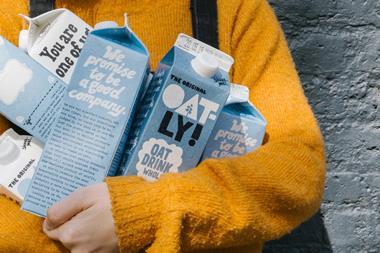
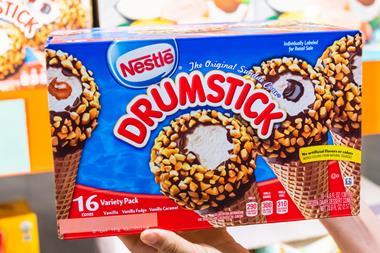
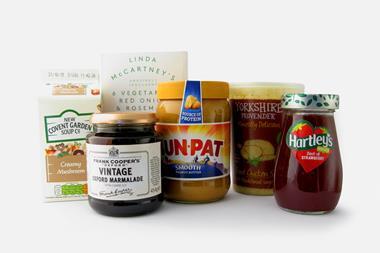


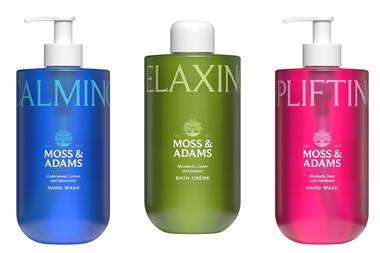
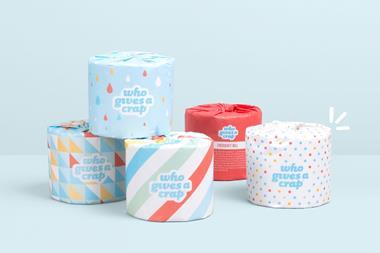
No comments yet